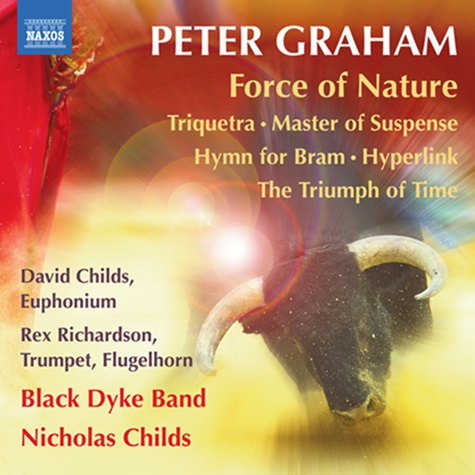

Alfred Hitchcock and Ernest Hemingway were towering creative figures, blessed as well as cursed by their genius.
The English film director found worldwide fame exploring the darkest recesses of the American psyche. His Hollywood films, brilliantly conceived, thrilled with their audacious imagery and ingenious use of music (scores by the likes of Bernard Herrmann, Lyn Murray, Franz Waxman).
However, his unsettling misogyny towards his leading women was deeply corrosive both on and off screen.
Hemingway explored a more personal psychological addiction – the elemental thrill of balancing life and death; in his case from two World Wars to big game hunting trips to the Belgian Congo.
His writing style had a shared brilliance of conception, although one also intwined by a troubled personal life (married four times) and self-destructiveness that finally overwhelmed him.
Complex legacies
Their legacies are therefore complex; Peter Graham carefully focussing his appreciation toward their artistic skill and literary characterisation rather than a musical critique of their personal demons in concertos that hallmark this impressively constructed Naxos release.
‘Master of Suspense’ references a trio of Hitchcock’s cinematic masterpieces – performed by Rex Richardson in a lead role of superbly realised musical tension.
‘Heatwave’ evokes the sweaty night life peered at through the ’Rear Window’ (1954) of James Stewart’s New York apartment – mischief and malevolence hanging in the cloying air.
‘Master of Suspense’ references a trio of Hitchcock’s cinematic masterpieces – performed by Rex Richardson in a lead role of superbly realised musical tension.
It is followed by ‘Marnie’ (1964), Hitchcock’s study in suppressed alienation – the music capturing Tippi Hendren’s fear of intimacy and resentment of isolation. It closes with the jazz infused kinetic excitement of Gary Grant being chased onto a Chicago bound train (the '20th Century Limited') from ‘North by Northwest’ (1959).
Force of Nature
David Childs embodies Hemingway’s ‘Force of Nature’ character in every way; a blazing flamenco fuelled ‘Matador’ opening recalling the fevered Pamplona bull runs described in his novel ‘The Sun Also Rises’. In contrast, ‘Wayfarer’ is an elegiac recall of the author’s sense of adventure instilled by his father in his early Idaho life.
David Childs embodies Hemingway’s ‘Force of Nature’ character in every way;
‘Pilar’ (the boat that partly inspired his last great novella ‘The Old Man and the Sea’) is a rousing voyage of excitement as it crashes through the waves in search of an illusive catch of marlin – the author happiest at the helm, revelling in the danger he himself pushes to the limit.
Defined clarity
These superb concerto performances are interspersed by engaging renditions of ‘Triquetra, Fantasia on Old Hundredth’ and ‘Hymn for Bram’ – reflective as well as celebratory, and the outstanding renditions of the major test-pieces, ‘The Triumph of Time’ and ‘Hyperlink’.
Prof Nicholas Childs brings a defined clarity of musical purpose and execution to both; the dramatic urgency balanced by emotional texturing that is equally as telling (especially the central ‘Remember Me’ in ‘Hyperlink’) and full of understanding.
They stand in imposing musical authority alongside ‘towering’ soloists on a release of exceptional quality.
Iwan Fox
To purchase:
https://www.blackdykeband.co.uk/shop/shop/cds/essential-dyke/peter-graham-force-of-nature/
Play list:
1. Triquetra, Fantasia on Old Hundredth (Peter Graham)
2. Master of Suspense (Peter Graham)
Soloist: Rex Richardson
i. Heatwave
ii. Marnie
iii. 20th Century Limited
5. Hymn for Bram (Peter Graham)
6. Hyperlink (Peter Graham)
i. The Voice of Jupiter
ii. Remember Me
iii. Vivat
9. Force of Nature (Peter Graham)
Soloist: David Childs
i. Matador
ii. Wayfarer (Reflections on a Poor Wayfaring Stranger)
ii. Pilar
12. The Triumph of Time (Peter Graham)









